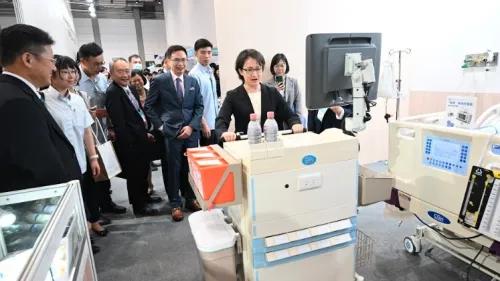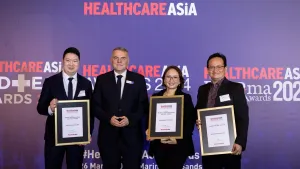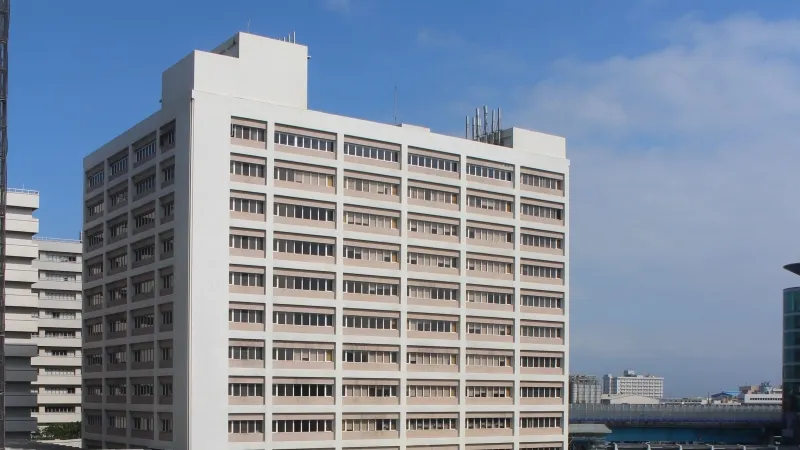
Chang Gung Hospital bidik peningkatan pasien asal Filipina
Fokus pada layanan kanker dan bedah berteknologi tinggi.
Chang Gung Memorial Hospital (CGMH)-Linkou menargetkan peningkatan pangsa pasar pasien asal Filipina melalui kemitraan dengan Ayala Healthcare Holdings (AC Health), dengan tujuan memperkuat arus rujukan pasien dari kawasan Asia Tenggara.
Layanan pengobatan kanker dan operasi tingkat lanjut menjadi pilar utama strategi ini, ujar Jacob See-Tong Pang, chairman International Medical Center CGMH, kepada Healthcare Asia. “Pasien yang membutuhkan perawatan spesialis dapat dirujuk ke kami, atau kami juga bisa menyediakan layanan telekonsultasi,” katanya dalam wawancara melalui Zoom.
Ia menjelaskan kerja sama dengan AC Health diharapkan dapat membuat proses rujukan lebih efisien. Penilaian awal pasien dilakukan di Filipina, sementara tindak lanjut pengobatan akan dikoordinasikan di Taiwan.
Saat ini, pasien asal Tiongkok masih menjadi kelompok pasien internasional terbesar CGMH, sedangkan pasien asal Filipina masih mencakup porsi kecil dari total pasien asing rumah sakit tersebut. “Kami ingin mengeksplorasi peluang dengan lebih banyak rumah sakit di Filipina,” kata Pang.
CGMH sendiri telah memiliki jaringan rujukan di berbagai negara Asia Tenggara, dengan permintaan yang terus meningkat dari Kamboja dan Malaysia. Vietnam serta Hong Kong juga tetap menjadi sumber pasien yang stabil.
Menurut Pang, layanan onkologi canggih akan menjadi pendorong utama minat regional, terutama terapi proton beam, metode presisi tinggi untuk menargetkan tumor yang diperkenalkan CGMH sejak 2015. Rumah sakit ini telah menangani sekitar 7.500 pasien menggunakan teknologi tersebut dan membangun basis data untuk memantau hasil terapi.
Dalam kemitraan ini, Healthway Cancer Care Hospital (HCCH) milik AC Health akan merujuk pasien yang memenuhi kriteria untuk menjalani terapi proton beam di CGMH. Kedua pihak akan menggunakan protokol bersama dan koordinator layanan untuk menangani aspek logistik serta kebutuhan pasien lainnya, menurut pernyataan resmi AC Health.
Rumah sakit juga akan mengadakan pertemuan virtual secara berkala agar dokter dapat berbagi pengetahuan dan mendiskusikan kasus-kasus kompleks. Selain itu, CGMH membuka peluang pelatihan bagi dokter HCCH, khususnya di bidang onkologi radiasi dan terapi proton beam.
CGMH juga terus memperluas terapi berbasis sel yang dikembangkan di laboratoriumnya sendiri serta menawarkan operasi robotik single-port, yang diperkenalkan tidak lama setelah teknologi serupa diadopsi di Jepang dan Korea, ujar Pang.
Untuk mendukung pengembangan program tersebut, CGMH secara rutin mengirim staf ke Amerika Serikat, Eropa, dan Australia untuk pelatihan, serta menyediakan beasiswa guna memperkuat kompetensi internasional.
Di sisi lain, rumah sakit ini juga memperluas pemanfaatan kecerdasan buatan di 11 fasilitasnya. CGMH telah sepenuhnya mendigitalisasi resep dan rekam medis dalam layanan pengobatan tradisional Tiongkok yang terintegrasi, sementara penerapan lebih luas masih terus dikembangkan.
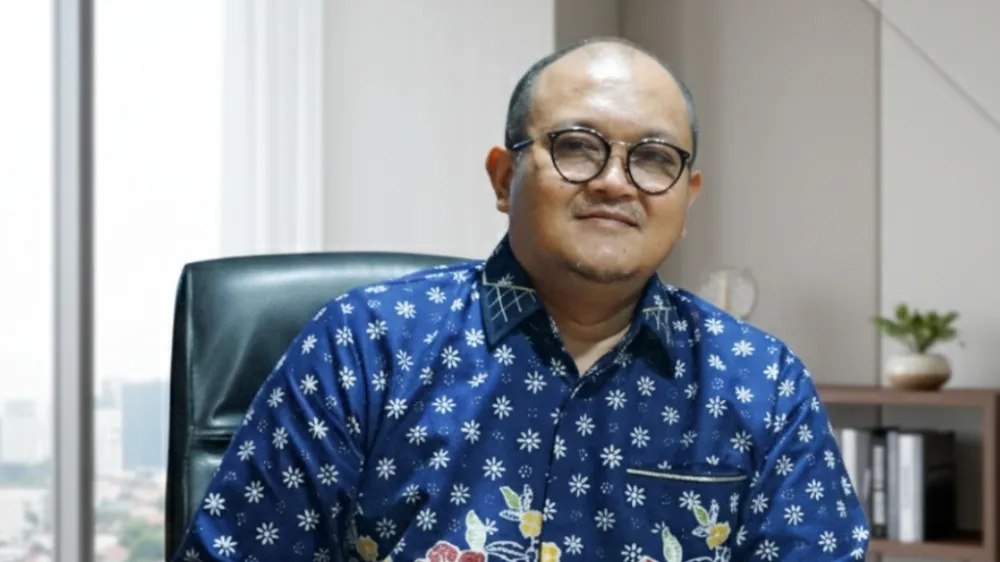

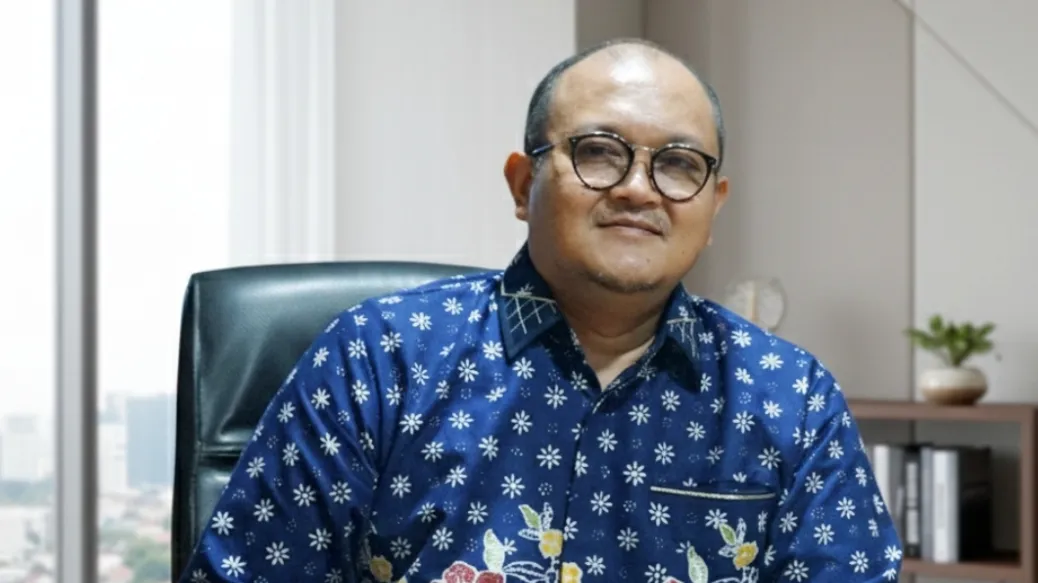
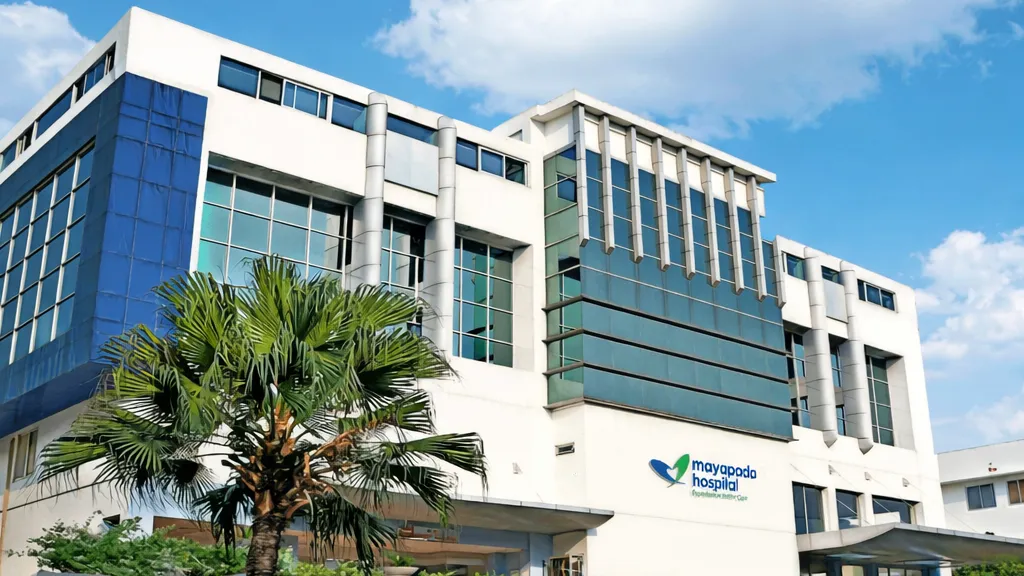

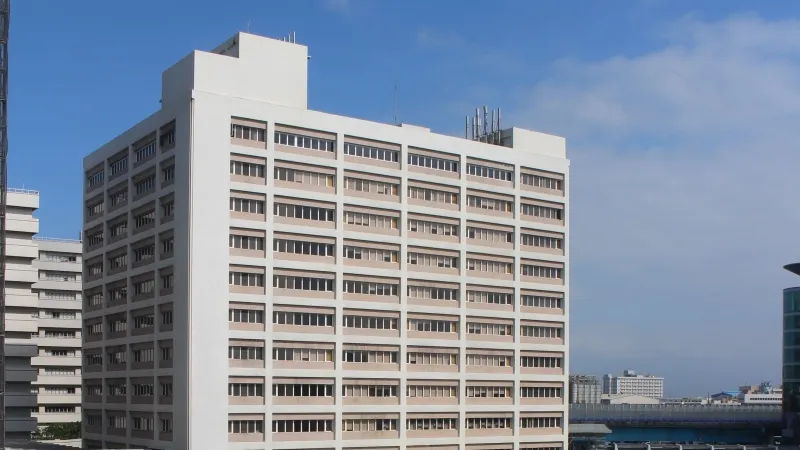
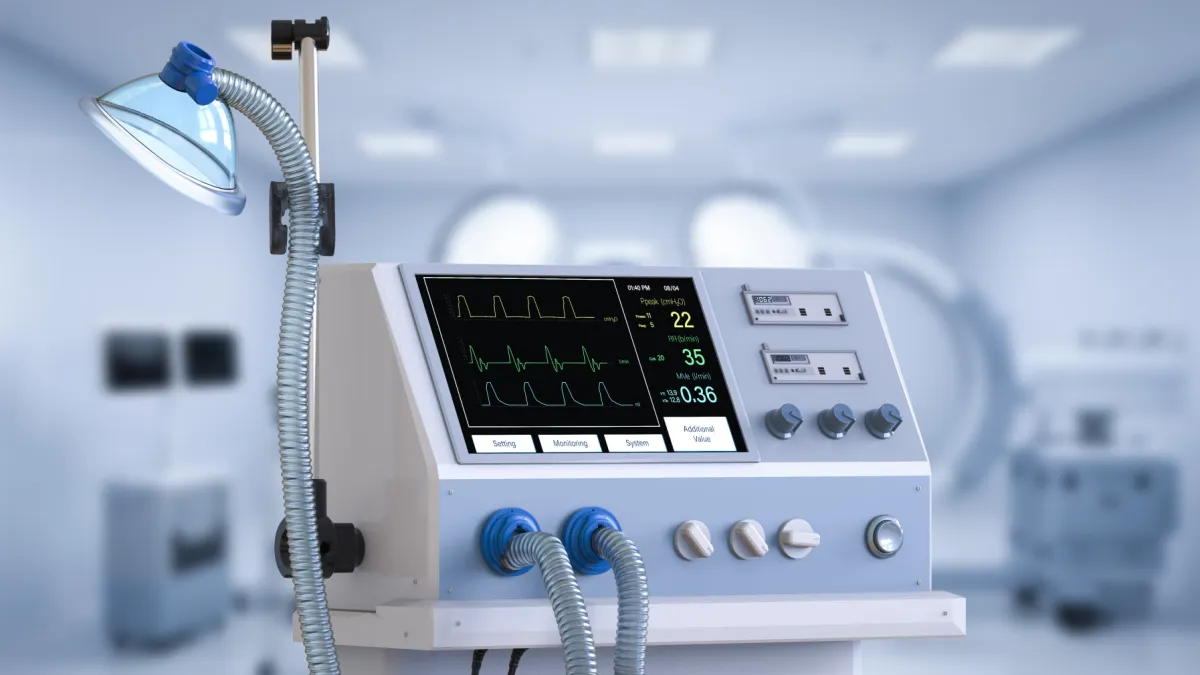
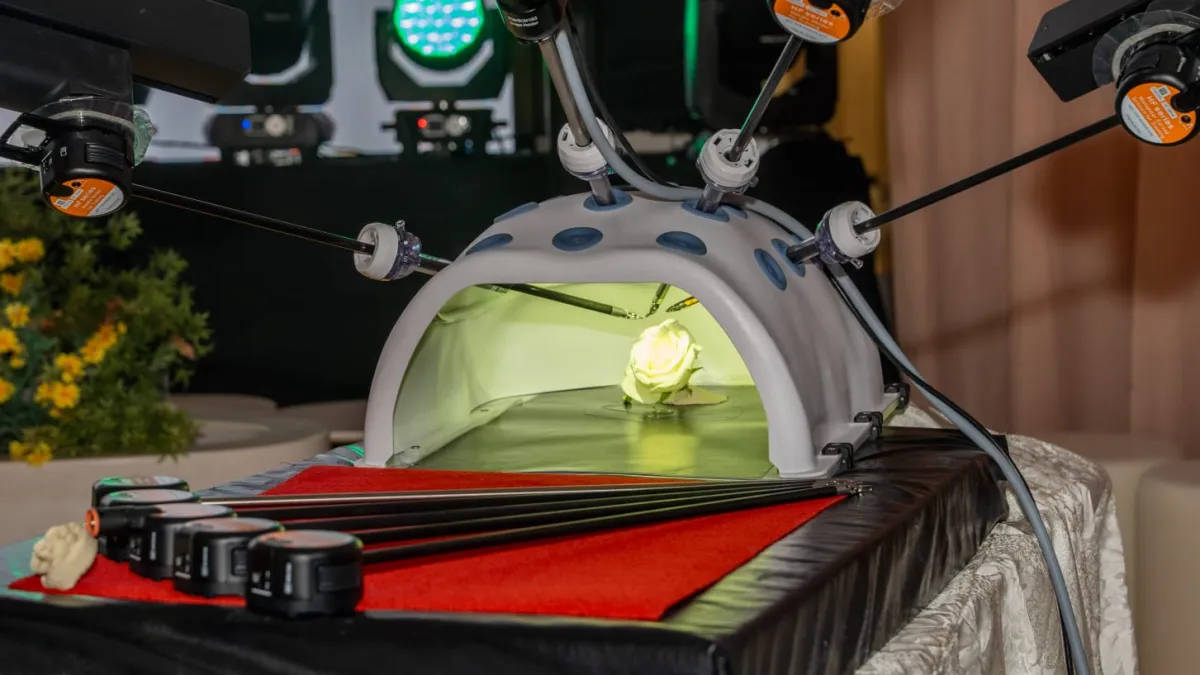
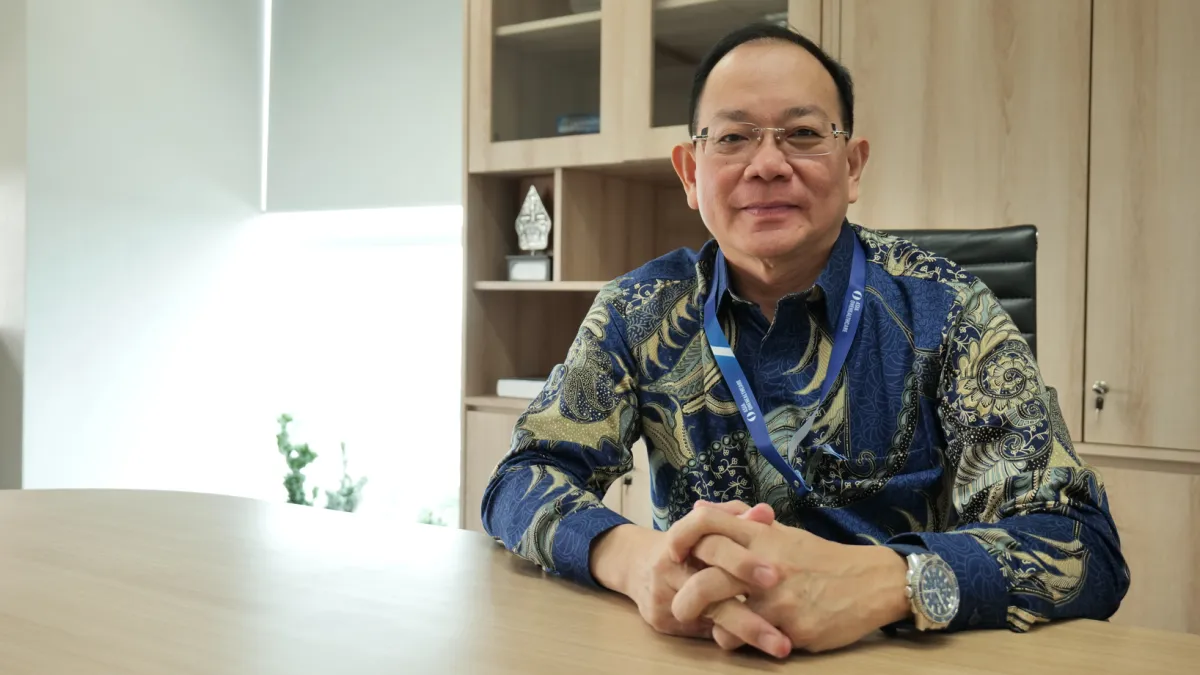

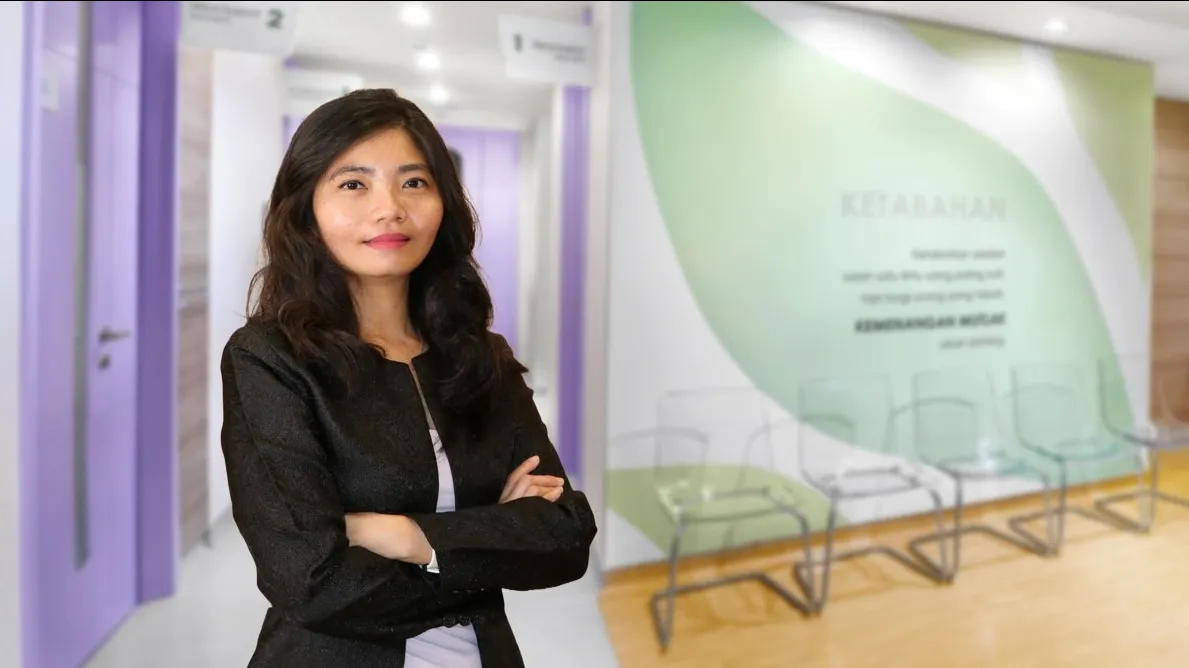
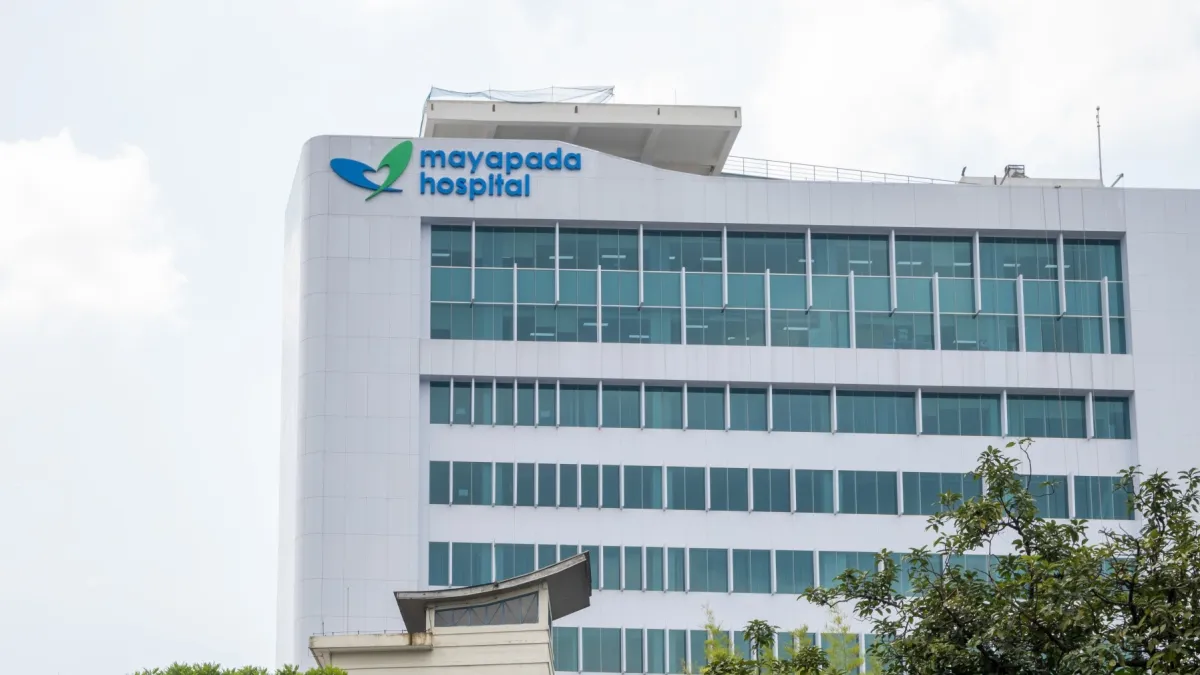

 Advertise
Advertise
